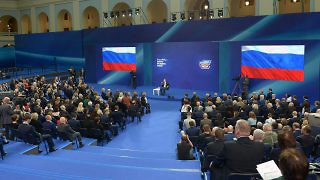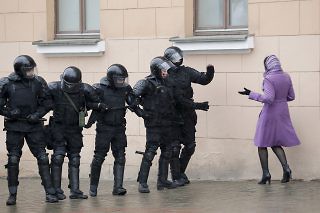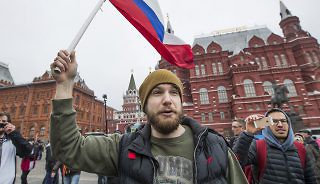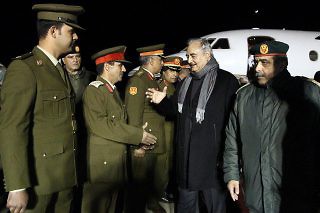While the opposition decides how best to express their dissent, the Kremlin faces a different problem. The Kremlin must ensure that the level of voter turnout is relatively high while the opposition must decide whether or not to boycott the vote.
Tag: russia
-
-
The Belarusian people appear willing to accept a stable level of modest wealth and domestic calm if it means avoiding any internal or external security threats.
-
While the size of the recent anti-corruption protests reminded observers of 2011-2012 events, the recent mass mobilizations were unique in several ways.
-
Russia’s close ties to Haftar could prove critical in attracting his support for an amended political agreement, if the general can be convinced that it is his best chance of holding a position of future power.








